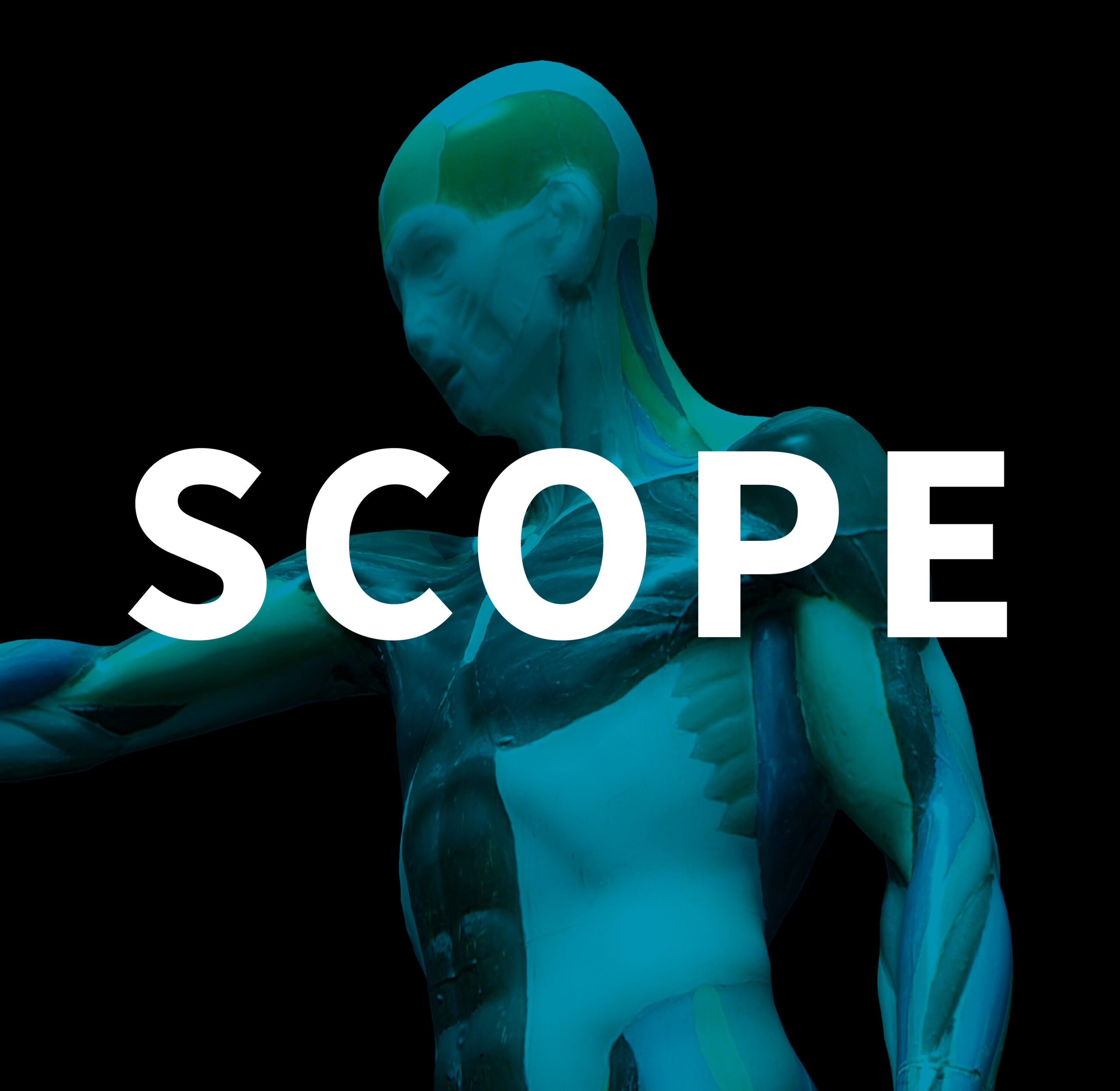The question of how best to keep patients awake and comfortable rather than deeply sedated while they are in intensive care has been a long-standing question. This was particularly brought to the forefront during the COVID-19 pandemic.
For many years, the standard approach has been to use the drug propofol. However, more recently, doctors have become interested in alternative medications, such as dexmedetomidine and clonidine, which belong to the same class of drugs, called alpha2-agonists, that act on specific receptors in the brain.
The A2B clinical trial, led by Professor Tim Walsh, set out to test whether these drugs offered any real benefits over propofol for patients expected to require mechanical assistance to breathe for at least 48 hours. The study, which was supported by the National Institute for Health and Care Research (NIHR), ran from 2018 to 2024 and involved 41 intensive care units across the UK.
The results showed no improvement in recovery times for patients sedated with the newer drugs. In fact, the patients treated with them experienced more side effects, such as bradycardia (slow heart rate) and increased agitation. These side effects led the nurses involved in the trial to report feelings of anxiety and a lack of confidence in administering the drugs.
Importantly, the trial also found no evidence that these drugs reduce delirium, challenging a widely held belief. The economic analysis concluded that the cost of the drugs is insignificant in an intensive care context.
Overall, the findings suggest that dexmedetomidine and clonidine should not replace propofol for routine use. Instead, they may be considered for carefully selected patients when a doctor believes they could be beneficial. This study provides important evidence to guide safer and more effective treatment for patients in intensive care.
Professor Tim Walsh commented: “The A2B trial provides evidence that using alpha2-agonists rather than existing sedatives for ICU patients does not improve patient outcomes, and might result in more adverse effects.”
Related links
https://jamanetwork.com/journals/jama/fullarticle/2834276
https://jamanetwork.com/journals/jamanetworkopen/fullarticle/2834255


